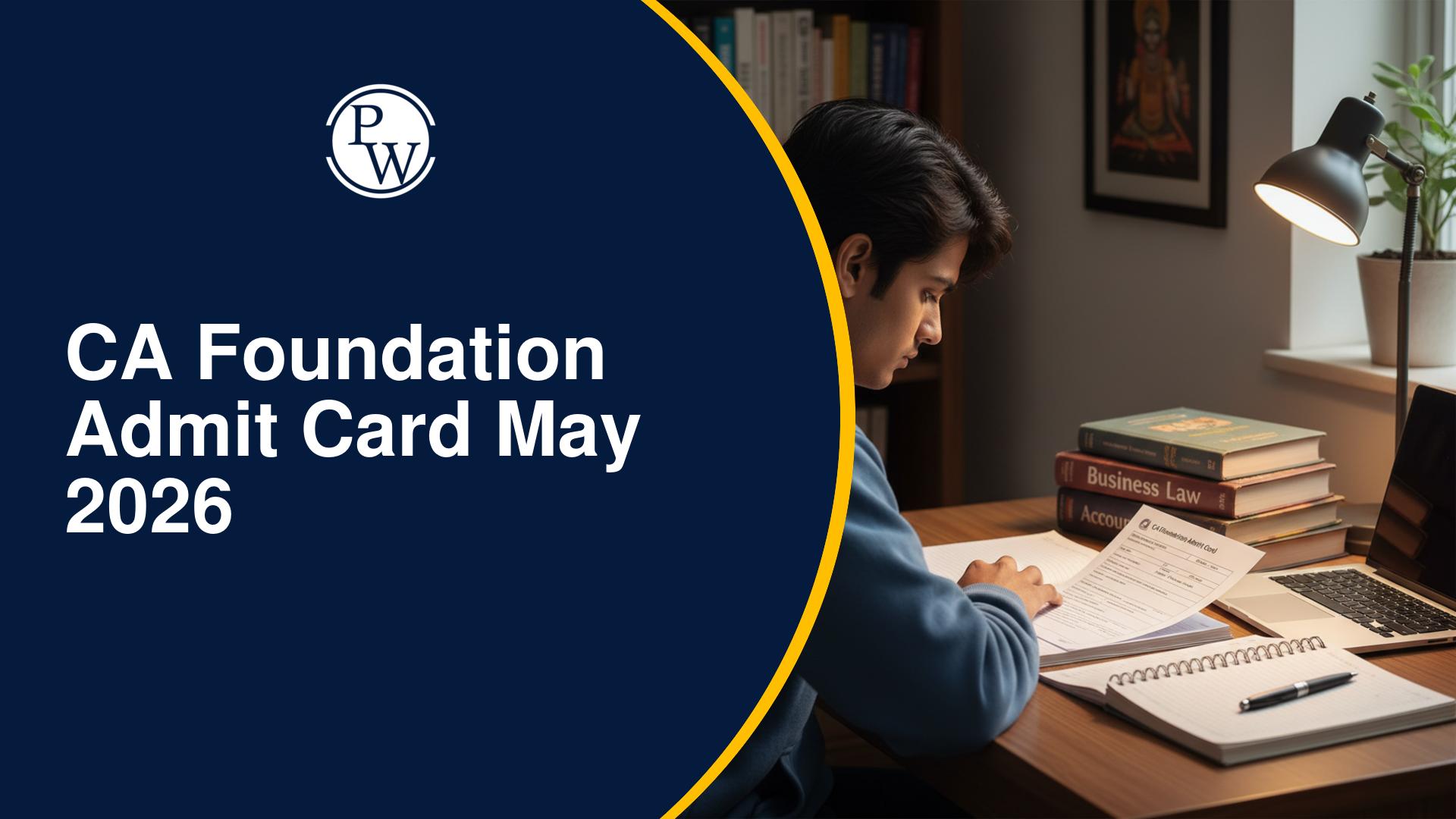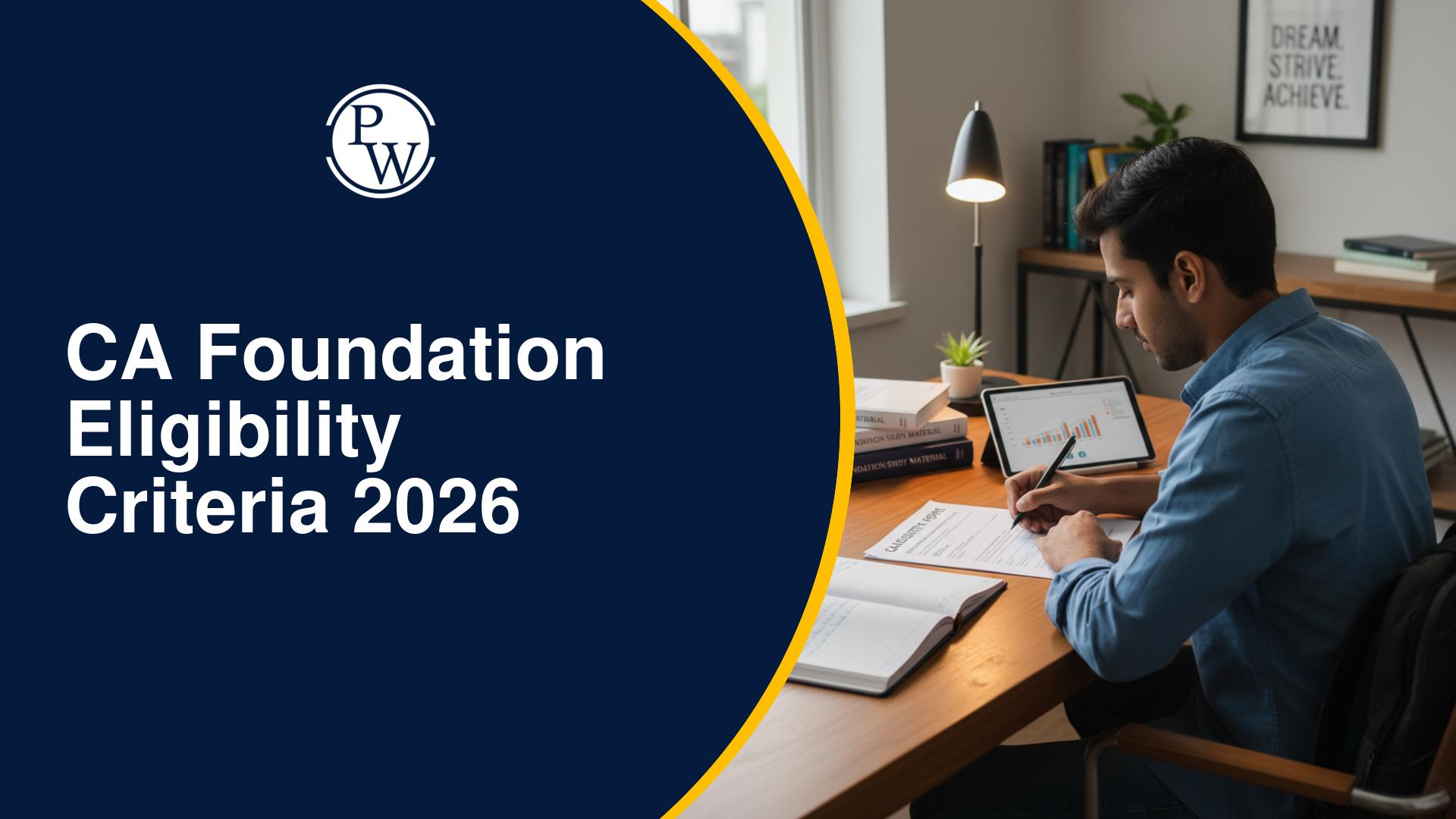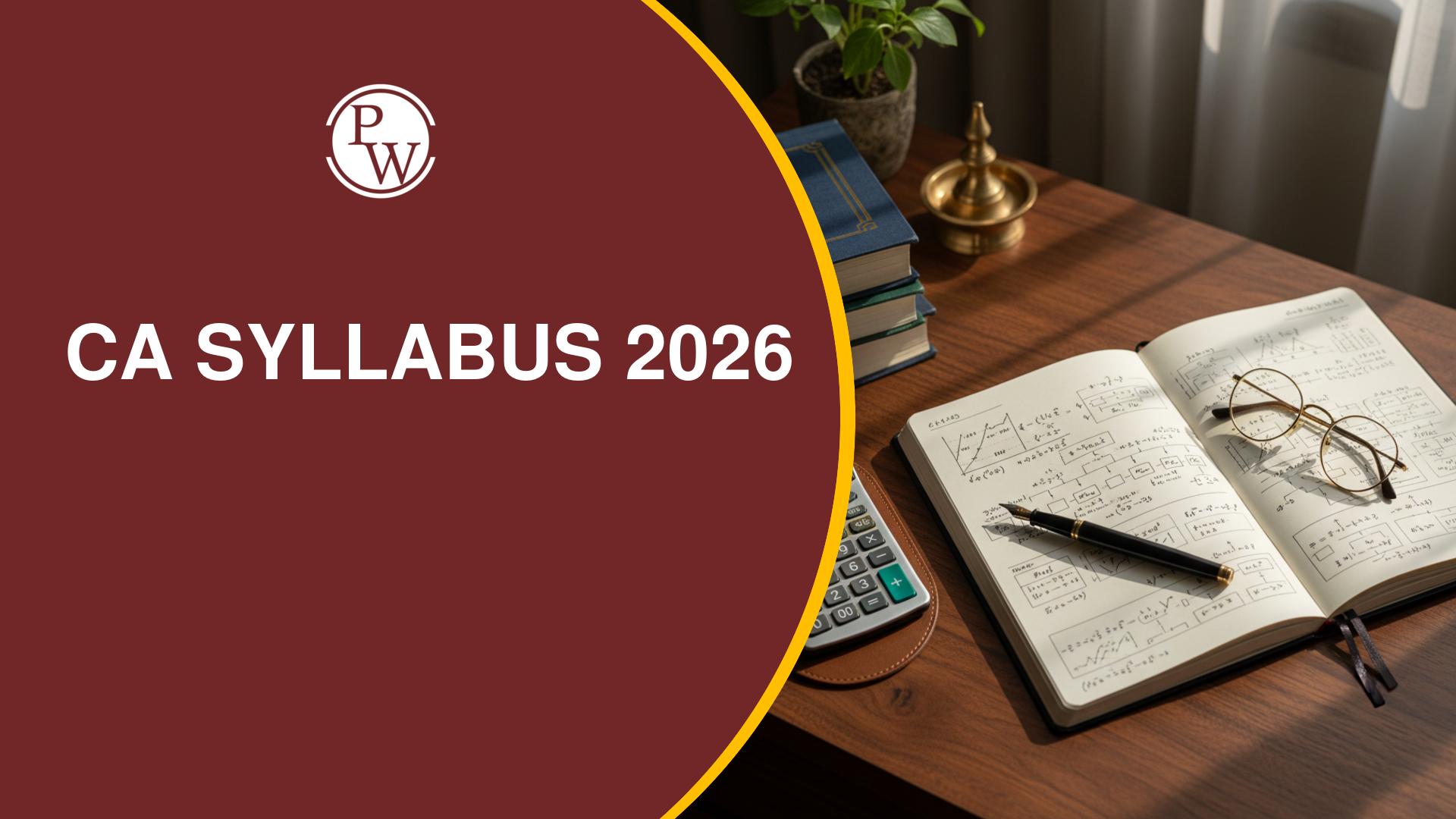
CA Vs CMA: The debate over whether CMA or CA is the better certification has been ongoing. Chartered Accountancy (CA) is provided by the Institute of Chartered Accountants of India (ICAI), while Cost and Management Accounting (CMA) is offered by the Institute of Cost Accountants of India (ICMAI). Those interested in careers in taxation, accounting, and auditing often consider these two certifications.
Both CA and CMA offer numerous career opportunities, including roles such as accountant, credit officer, manager, analyst, and auditor. Each certification has its own advantages and disadvantages. In this article, we will explore which certification might be the better career choice.Chartered Accountancy (CA)
CA is one of the most sought-after certification courses in India, promising a lucrative career. A CA-certified professional is well-trained and knowledgeable in taxation, accounting, and auditing.CA Details and Eligibility
The CA certification course is divided into three stages:Foundation Course:
After completing Class XII, candidates can enroll in the Foundation Course. This course introduces fundamental concepts in Accounting, Business Laws, Economics, and Quantitative Aptitude. The CA Foundation exam is held twice a year, and candidates must register at least four months before the exam.Intermediate Course:
Upon passing the Foundation exam, candidates can proceed to the Intermediate Course. This stage provides in-depth knowledge in areas such as Accounting, Corporate and Other Laws, Cost and Management Accounting, Taxation, Advanced Accounting, Auditing, and Financial Management. The CA Intermediate exam is also conducted twice a year. Candidates must complete a minimum of eight months of study before appearing for the exam.Final Course:
After passing the Intermediate exam, candidates can move on to the CA Final Course. This stage covers advanced topics in Financial Reporting, Strategic Financial Management, Advanced Auditing, Corporate and Economic Laws, Strategic Cost Management, Direct and Indirect Tax Laws, and electives like Risk Management and International Taxation. Candidates must complete a three-year practical training (articleship) and Advanced Integrated Course on Information Technology and Soft Skills (AICITSS) before taking the Final exam. Completing these stages, along with the required practical training and additional courses, typically takes about five years approx, culminating in the ICAI certification as a Chartered Accountant.Cost and Management Accounting (CMA)
With the globalization of economies, the demand for cost management professionals has significantly increased. The profession of Cost Accountancy is overseen and regulated by the Institute of Cost and Management Accountants of India (ICWAI). The ICWAI offers the Cost Accountant degree, which equips candidates with skills in collecting, organizing, and analyzing financial information. In essence, Cost Accountants help manage an organization's finances and provide critical managerial decisions based on available resources.CMA Details and Eligibility
The CMA course is structured into three levels:Foundation Course:
This entry-level course is essential for advancing to the next level of the CMA program. Students can enroll in the Foundation Course after passing their 10th board exams. The course takes six months to complete.Intermediate Course: After passing the Foundation Course, students can proceed to the Intermediate Course, which takes 12 months. This stage can be completed through correspondence or oral coaching.
Final Course:
The Final Course is the last stage of the CMA program. It involves 36 months of practical training and 12 months of correspondence or oral coaching before taking the ICWA exam. Upon completing the Final Course, students become eligible for certification as Cost and Works Accountants by the ICWAI. Career prospects for certified CMAs are strong, as every company requires cost accountants. With experience and additional training, CMAs can advance to top management positions such as cost controller, chief internal auditor, and more.Differences between CMA and CA
Here is a table highlighting the key differences between CMA and CA certifications:| Differences between CMA and CA | ||
|---|---|---|
| Aspect | CMA (Cost and Management Accounting) | CA (Chartered Accountancy) |
| Focus and Specialization | Specializes in cost management, strategic financial management, and performance management. Focuses on internal financial health and managerial decision-making. | Covers taxation, auditing, accounting, and financial reporting. Focuses on external financial reporting and legal compliance. |
| Governing Body | Regulated by the Institute of Cost Accountants of India (ICMAI). | Governed by the Institute of Chartered Accountants of India (ICAI). |
| Course Structure | Divided into three levels: Foundation, Intermediate, and Final. | Divided into three levels: Foundation, Intermediate, and Final. |
| Duration | Typically takes about 3-4 years to complete, including practical training. | Typically takes about 4-5 years to complete, including practical training. |
| Career Opportunities | Roles include cost accountant, financial analyst, cost controller, and chief internal auditor. | Roles include auditor, tax consultant, financial analyst, and CFO. |
| Skill Emphasis | Emphasizes cost control, budgeting, and performance evaluation. | Emphasizes auditing, taxation, and financial reporting. |
| Also Check: |
| CA Vs CS, Which Course Is Better |
| 7 Important Things To Keep In Mind Before Your CA Exams |
| Difference Between CA PCC, IPCC And CA Intermediate |
| Which Course Is Better: ACCA Vs CA |
CA Vs CMA FAQs
What is the main difference between CMA and CA certifications?
How long does it typically take to complete the CMA and CA courses?
What are the career opportunities for CMA-certified professionals?
What governing bodies regulate the CMA and CA certifications in India?
What skills are emphasized in the CMA and CA courses?









